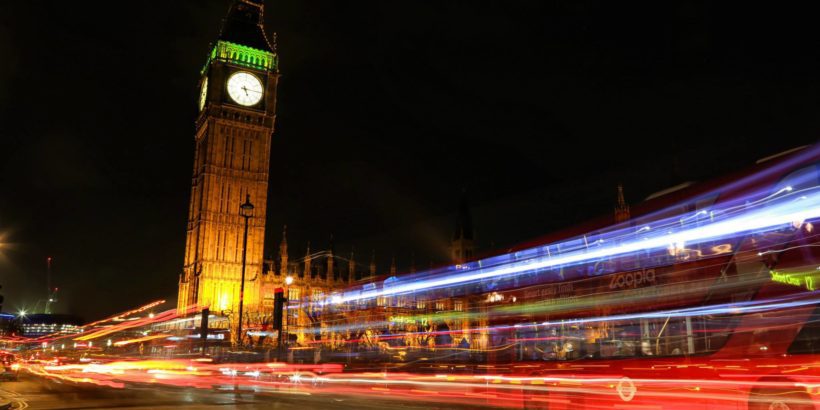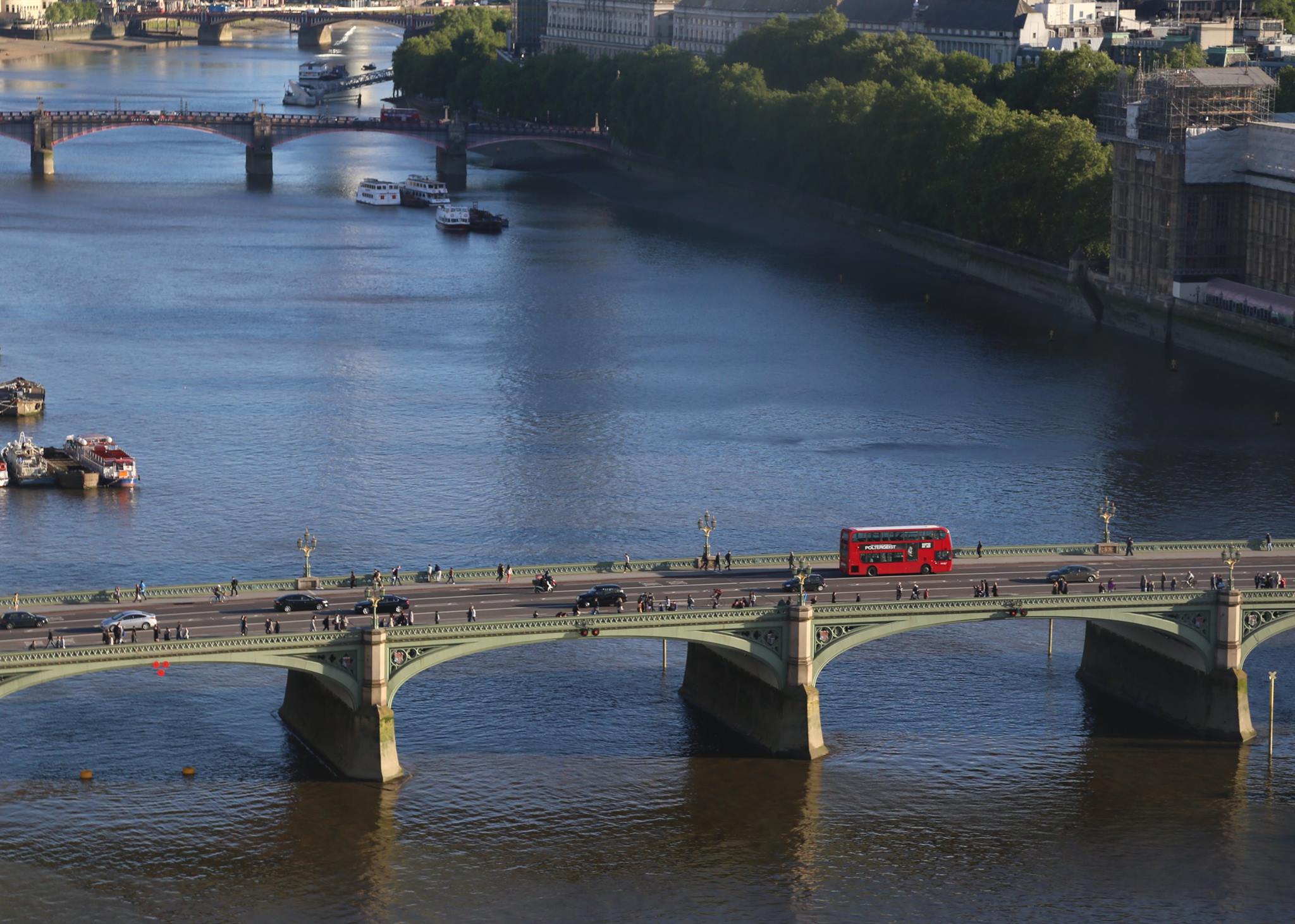London just announced that it’s not renewing Uber’s license to operate at the end of the month and is essentially trying to kick Uber out of the city.
Uber has been pushed out at least temporarily in other cities like Delhi, India and Austin, Texas but it’s never gotten the boot from a megacity like London. Uber has 40,000 drivers and 3.5 million customers in London who used its app at least once every three months, so this could be a huge loss for the company. This could cause a domino effect and other cities could jump in to get Uber out, compounding the losses.
London’s Tfl (which stands for Transport for London) is the agency that oversees London’s subways, buses and taxicabs, and they had been on Uber’s heels for a while. Back in May they extended Uber’s license by four months while they considered whether the company was meeting the fit and proper threshold. And now they’ve officially declared that Uber was not sufficiently “fit and proper” to operate in the city.
TfL considers that Uber’s approach and conduct demonstrate a lack of corporate responsibility in relation to a number of issues which have potential public safety and security implications.
These issues include:
- Its approach to reporting serious criminal offences.
- Its approach to how medical certificates are obtained.
- Its approach to how Enhanced Disclosure and Barring Service (DBS) checks are obtained.
- Its approach to explaining the use of Greyball in London – software that could be used to block regulatory bodies from gaining full access to the app and prevent officials from undertaking regulatory or law enforcement duties.
(Uber still has a chance to appeal and in the meantime they can still operate while their appeal is being heard by the courts of appeal which could take months.)
All of these findings come around the same time that Uber has been working to rebuild its reputation after many scandals involving things like sexual harassment and discrimination, rocked the company over the past year and resulted in the resignation of its CEO, Travis Kalanick. When you consider the scarlet letter Uber is still wearing and the competition it’s up against, the London Black Cabs, it’s easy to understand how London Tfl would not be in favor of Uber.
The Black Cabs trace their roots to 1634 and their drivers have to pass one of the most extensive tests known as “The Knowledge” that requires them to memorize around 25,000 streets and 100,000 landmarks. They are a large part of London’s culture and they also are primarily made up of native-born Britons while many Uber drivers tend to be immigrants.
So Uber, an American start-up with a blemished record comes into London and offers rates up to 30% cheaper than Black Cabs, hires a bunch of immigrants, causes more roadway congestion, and (allegedly) fails to meet several standards promulgated by the TfL that threaten the safety and health of their citizens. It’s no wonder why some interested parties in London would want to keep them out.
But plenty of people in London are fighting to keep the company alive in the city. A petition in favor of Uber has already collected over 500,000 signatures, making it the fastest growing petition in the UK in 2017. And many Londoners are speaking out against the decision to not renew the license, stating that less drastic measures could resolve the issues. And many others fear that ousting a leading start-up company could deter other innovative start-ups from bringing their business to London.
When I lived in the UK, I enjoyed using Uber as it helped me save money on several occasions. The London Tube is great for getting around the city and one of my favorite public transport systems, but it doesn’t run 24/7 and sometimes you need to haul a lot of luggage with you, which can be a pain on the Tube. Considering the prices of the Black Cabs, Uber is an asset for many.
While I’m not a fan of the culture of Uber’s past, I’m hoping that new leadership can right the ship and if that happens I personally hope to see Uber operating in places like London in the future.
Daniel Gillaspia is the Founder of UponArriving.com and the credit card app, WalletFlo. He is a former attorney turned travel expert covering destinations along with TSA, airline, and hotel policies. Since 2014, his content has been featured in publications such as National Geographic, Smithsonian Magazine, and CNBC. Read my bio.


